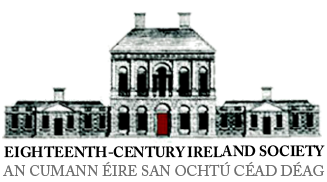Type: Article
Harrison, Frank Llewelyn ‘Music, Poetry and Polity in the age of Swift’, Eighteenth-century Ireland/Iris an dá chultúr, Vol. 1 (1986), pp 37-63.
This survey of popular music and poetry in eighteenth-century Ireland discusses a variety of works of Irish, English, Scottish and Italian origin. Harrison considers differences and influences, musical dialect, musicians and composers. He also explores the individual experiences and impressions of music formulated by Jonathan Swift, George Berkeley, Robert Clayton and Mrs Delany (Mary Granville). The article suggests that music and poetry in the age of Swift ‘affirmed and promoted the self-identification of the several ‘nations, interests, and religions’ into which the country was divided’. Harrison notes the differences in language and style between the operas being staged in London and Dublin at the time. In London, the agenda was strictly Italian operas, while in Dublin the stage was dominated by the English ballad opera. Included are samples of musical scores discussed in the text.
